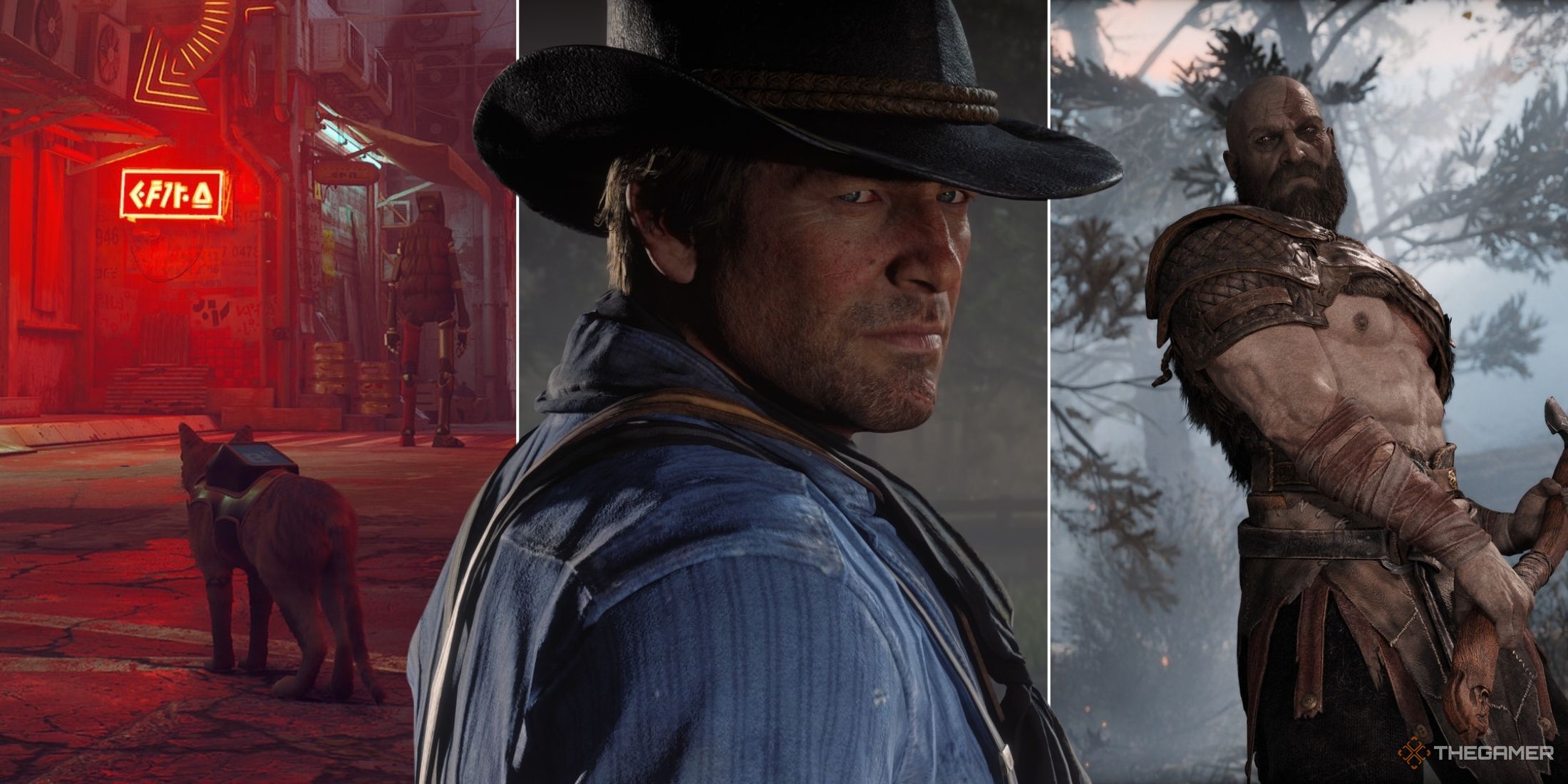So,you’re a Gen Zer curious about classical music? You’re not alone! While often perceived as stuffy or outdated,the beauty and depth of classical music – from the works of to contemporary compositions – offer an incredible listening experience. This guide will equip you with everything you need to navigate this rich world and find your favorites, covering to exploring the hidden gems. let’s explore the wonders that !
Why should you, a digital native, care about music written centuries ago? The benefits extend beyond simply appreciating stunning sounds. Consider these compelling reasons:
Overwhelmed by the sheer scope of composers and compositions? Don’t be! Start with the in this list, which is a great entry point into the vastness of the musical world.
| Composer | Famous Work(s) | Why You Should Start Here |
|---|---|---|
| Wolfgang Amadeus Mozart | “Eine Kleine Nachtmusik,” “The Marriage of Figaro,” “Requiem” | Accessible melodies, instantly recognizable tunes. |
| Ludwig van Beethoven | “Symphony No. 5,” “Für elise,” “Moonlight Sonata” | Powerful, dramatic, and emotionally resonant. |
| Johann Sebastian bach | “Toccata and Fugue in D Minor,” “Brandenburg Concertos,” “The Well-Tempered Clavier” | Intellectual stimulation, beautiful counterpoint. |
| Frédéric Chopin | “Nocturnes,” “Ballades,” “Piano Concertos” | Romantic, expressive, beautiful piano music. |
| Antonio Vivaldi | “The Four Seasons” | Vibrant, uplifting, and incredibly descriptive. |
Once you’ve listened to these composers, you can use different and begin to explore . Search terms like “classical music for study,” “classical music for relaxation,” or “chill classical music” can get you started. Also, explore using the filters of each platforms.
Navigating this complex field requires a few simple concepts. Consider these basics:
Don’t worry about understanding complex music theory instantly. Just focus on enjoying what you hear! Look at and broaden your knowledge.
Classical music encompasses various genres, each with its unique characteristics. Here’s a glimpse into some popular areas:
This is music written for a full orchestra, involving many different orchestral instruments. From soaring symphonies to vibrant concertos, there’s something for everyone; in this field includes Beethoven, Mozart, and Tchaikovsky.
Compositions for small ensembles, typically played in a chamber (small room). This is often more intimate and personal. It includes string quartets, piano trios, and more; try the .
Solo piano pieces offer a splendid way to experience the instrument’s versatility. From the romantic works of Chopin to the challenging compositions of Liszt, piano music is a great starting point to familiarize yourself with a vast variety of styles.
Combines music, drama, and singing. Even though it can seem daunting, operas can be an incredible experience. Give it a try! You can start with popular operas like Mozart’s “The Magic Flute” or Puccini’s “La Bohème.”
Thankfully, accessing classical music in the 21st century is a breeze. Let’s look into the :
Going to a live classical music concert is a transformative experience. here’s a simple guide if it is your first concert:
A Few Final Tips for Gen Z Classical Music Enthusiasts
Start your journey today with these tips:
- Don’t be Afraid to explore: Expand beyond the familiar and discover new sounds and styles.














